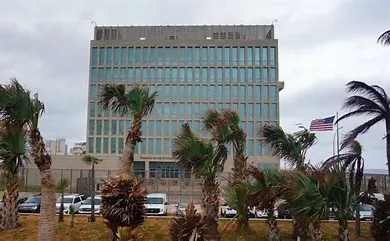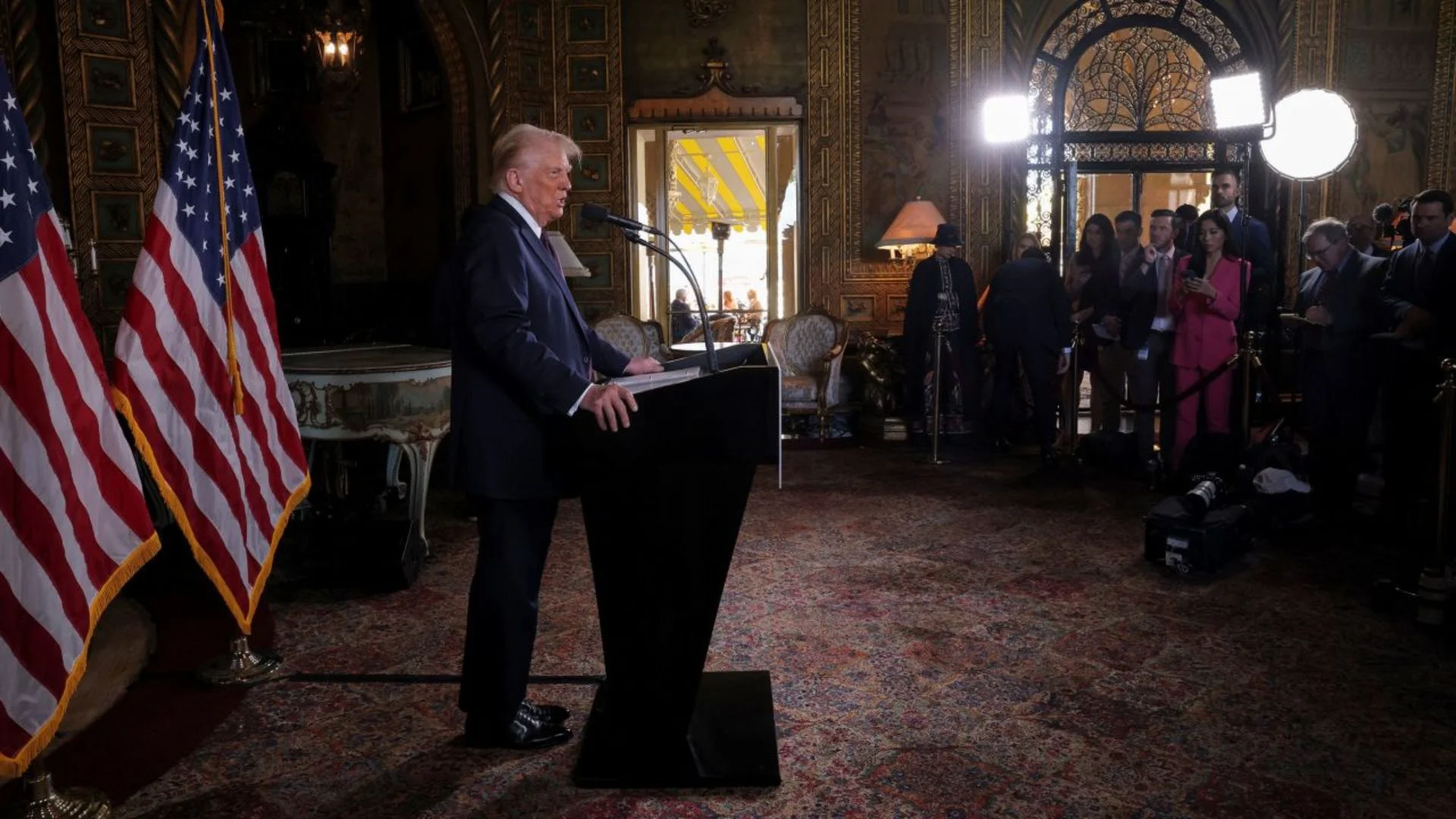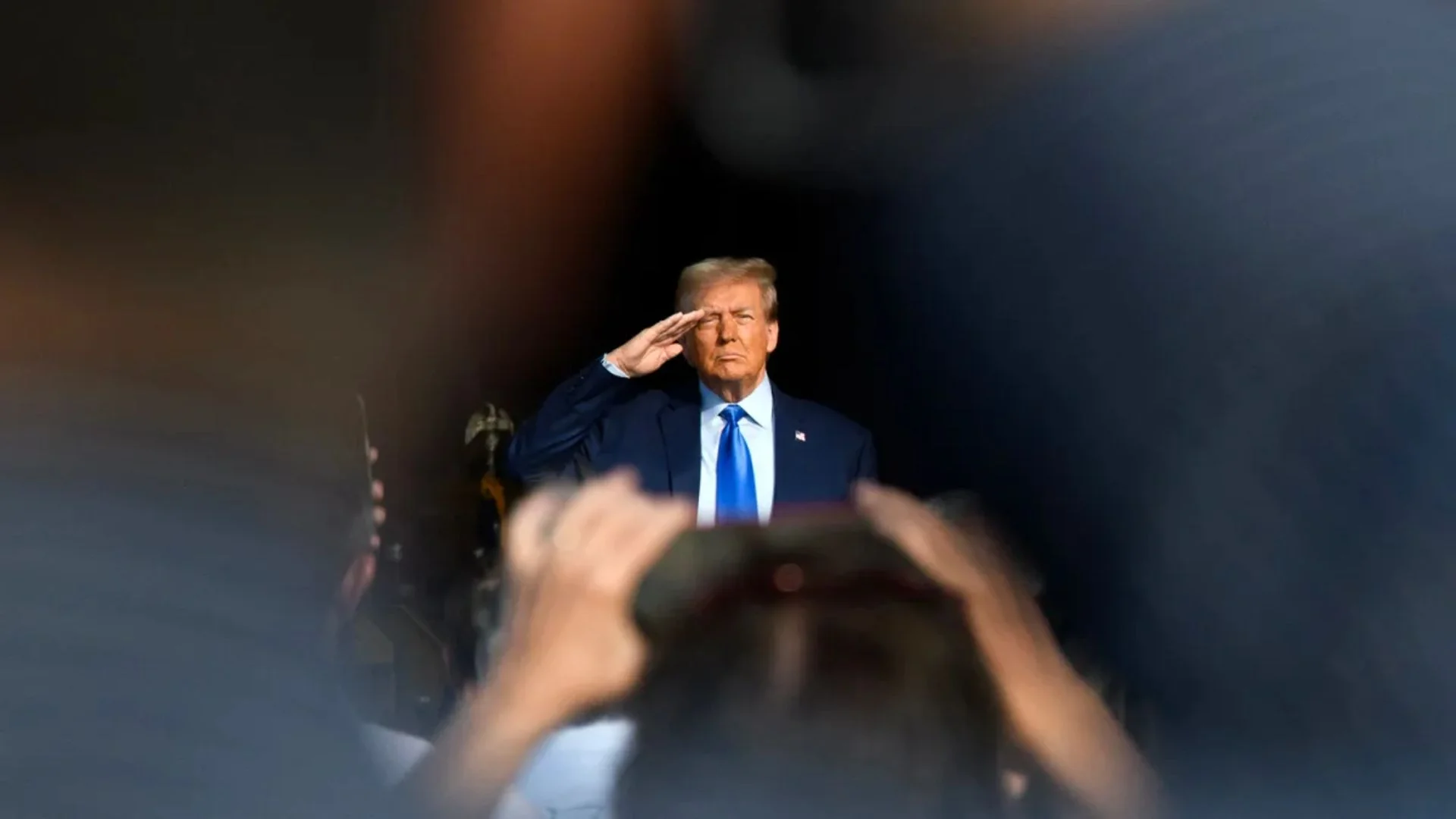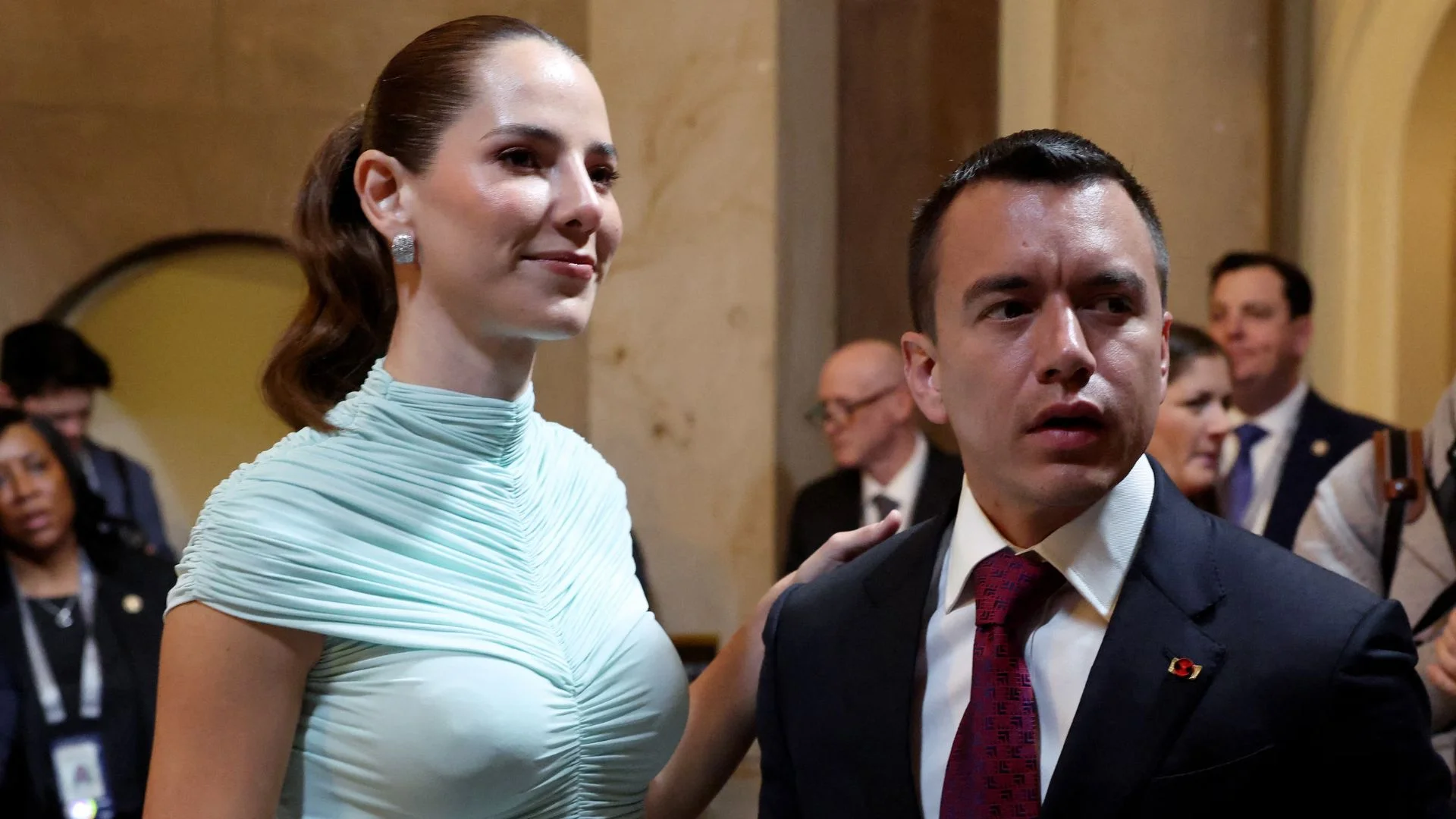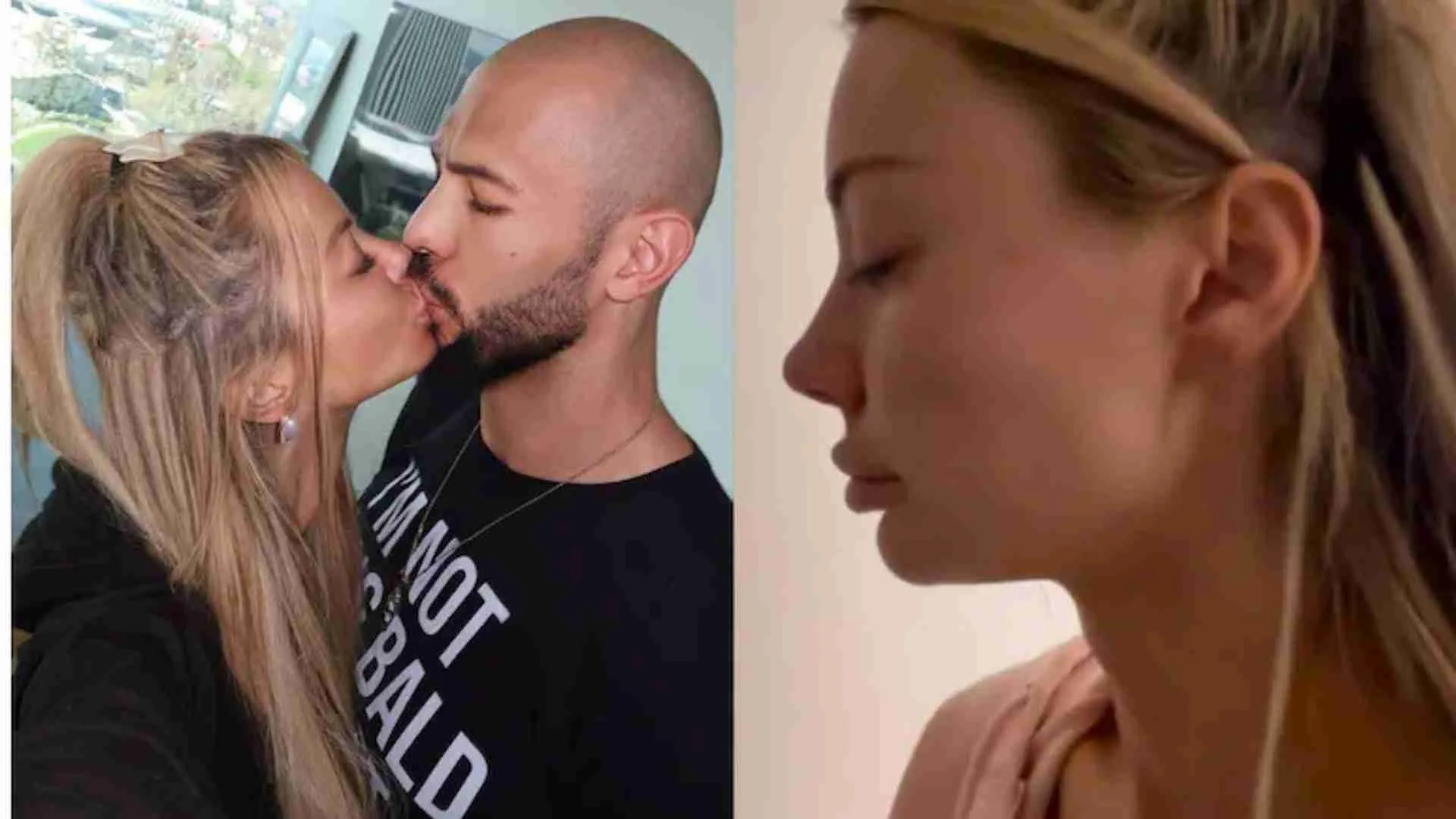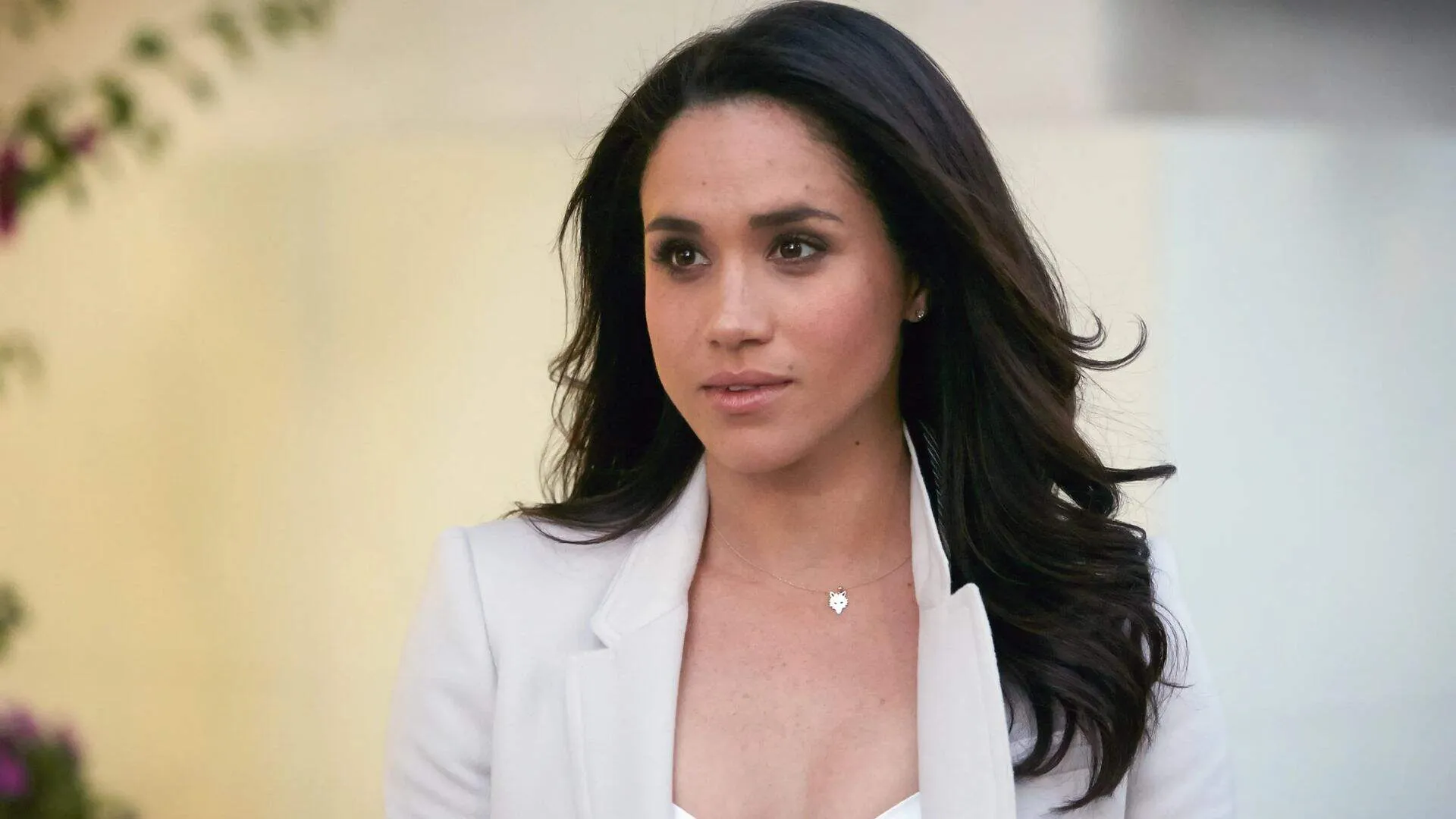The Biden administration announced its decision to remove Cuba from the US state sponsor of terrorism list, a designation imposed by former President Donald Trump in January 2021. This move reflects a significant change in US-Cuba relations and aims to foster diplomatic progress.
White House Statement
In a press release titled “Certification of Rescission of Cuba’s Designation as a State Sponsor of Terrorism,” President Joe Biden confirmed the decision:
“I hereby certify…that the Government of Cuba has not provided any support for international terrorism during the preceding 6-month period; and the Government of Cuba has provided assurances that it will not support acts of international terrorism in the future.”
Trump Administration’s Original Designation
The Trump administration had reinstated Cuba’s designation, citing its alleged support for terrorism and granting safe harbor to terrorists. This included accusations of hosting members of Colombia’s National Liberation Army (ELN) during peace talks in Havana and refusing to extradite leaders responsible for the 2019 Bogota police academy bombing.
Cuba’s Response
Cuban Foreign Minister Bruno Rodriguez criticized the original designation as “hypocritical and cynical.” He stated on X:
“US political opportunism is recognized by those who are honestly concerned about the scourge of terrorism and its victims.”
Implications of the Decision
This policy reversal could pave the way for:
- Improved diplomatic relations between the US and Cuba.
- Eased economic sanctions and renewed cooperation.
- A shift in regional dynamics, particularly concerning US influence in the Western Hemisphere.
Background on Cuba’s Inclusion
Cuba was first designated a state sponsor of terrorism in 1982. The Obama administration removed the designation in 2015 during efforts to normalize relations, only for it to be reinstated under Trump.

